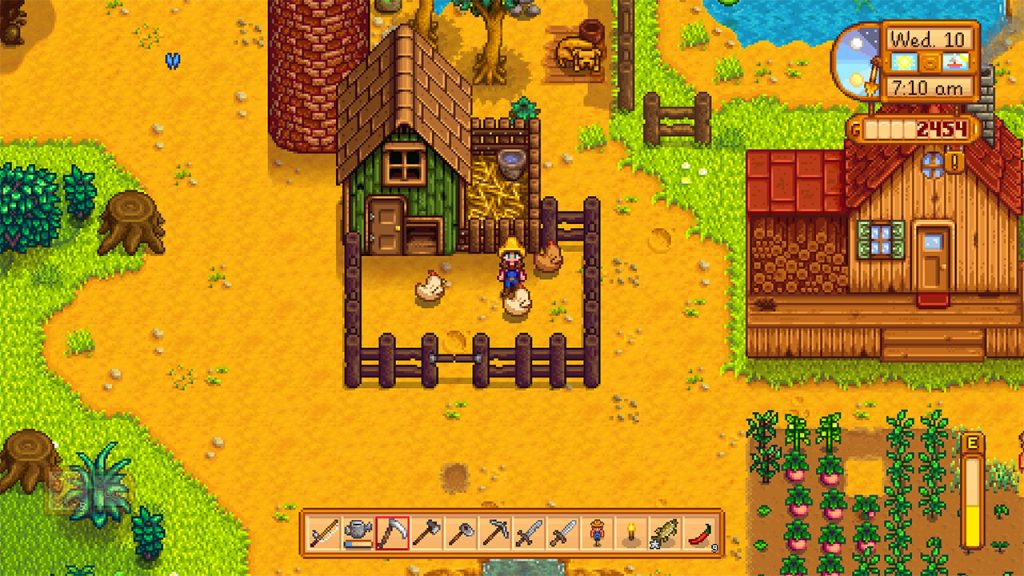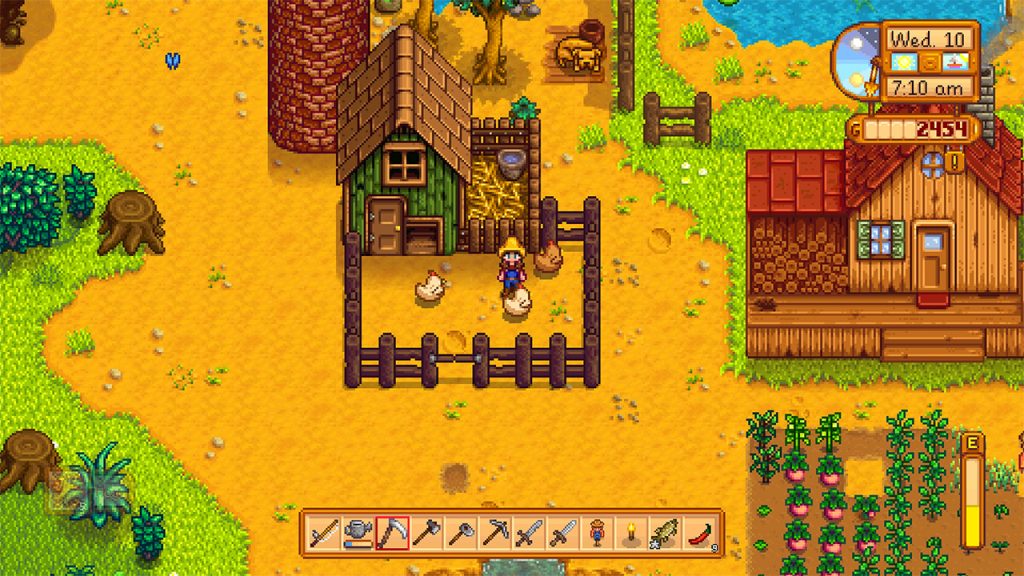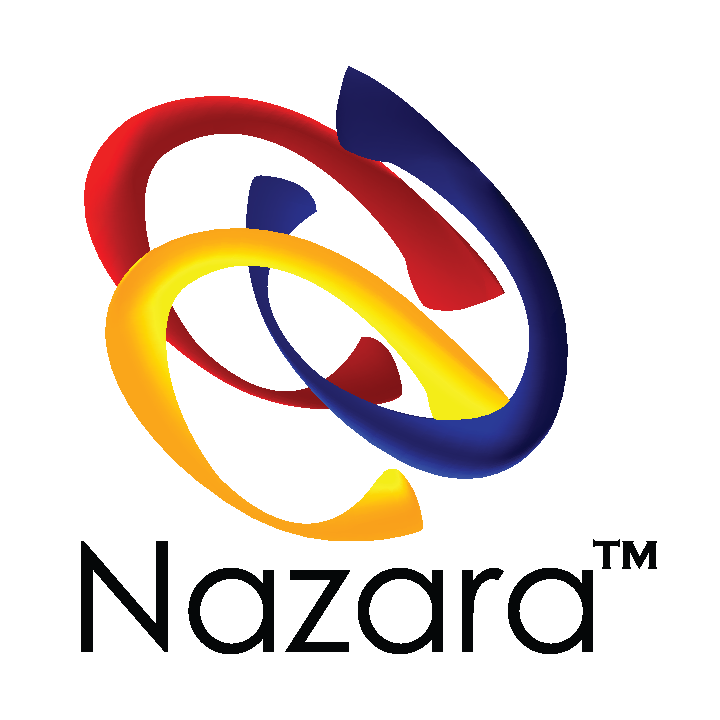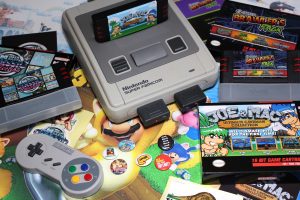Top 7 Games like Harvest Moon
Harvest Moon was developed by Amccus, birthed solely for the Super Nintendo Entertainment System. It was first launched in Japan in 1996, which rapidly become a favorite around the world, after initially gaining ground in America and Europe. In this world of technology, kids have been resorting to video games and smartphone games as their primary way of entertainment – and Harvest Moon is one of the most-accessed video games.
Also Read: Nintendo: From a Small Card Company to World’s Largest Video Game Maker
Here, you have to look after the farm that you inherit from your grandfather, making it more than sufficient enough farm. You have to, in addition, also look after your livestock, harvests, and plant your crops and clear your land constantly. The game now also has 14 spin-off games under the titular series, all of them offering immersive and extensive setup, with as many levels and more fun-filled and useful features. And if you are just a tiny bit tired of looking at the same setup, here are some beautiful different games which are exactly like Harvest Moon, but offers a plethora of features.

Stardew Valley:
Stardew Valley is a game supported by a variety of platforms, right from PC, Xbox One, Nintendo Switch to even Android and iOS. It has an engaging story, where you get an unkempt land from your grandfather and the challenge is that you develop this land into lush green and a pretty one. The supporting romantic sub-plot also has the option of supporting same-sex relationships, meaning that it is one of the best games like harvest moon. There are many features, including how the story and the world is comparatively much huger and more advanced as compared to Harvest Moon.
Also Read: IMANGI STUDIOS- THE COMPANY THAT BUILT ONE OF THE MOST FAMOUS MOBILEPHONE GAMES
Voodoo Garden:
Voodoo garden is where you can get your dream of being a witch fulfilled. It goes one step ahead of Harvest Moon, offering you to grow foods and veggies, along with shrubs and herbs. There is also an option of producing unrevealed accessories, as well as catching wild animals which you can use to make products necessary for voodoo magic. You can assign yourself a pet and just have a magical time playing this game.
Also Read: Counter-strike, celebrating 20-years of video shooter games
Plantera:
Plantera is a farm game, but works like Super Mario, because of the side-scrolling feature. It is slow-paced and lets you enjoy the game to your own preference. There is a farm as well as a garden that you have to take care of. You can grow, therefore, nice fruits and tress at the same time take proper care of your livestock. You can get new helpers as you expand the farm and your garden.
Terraria:
Terraria is one of the best harvest moon games alternatives, and why should it not be? It is a beautiful game to play, with an immersive setting and many fun-filled activities to do. You can explore, build, dig, and even fight. There is also access to a lot of items that can be put in inventory, which can be used later to craft new items. It is certainly an engaging game and users have fondly noted how they would just while away their time – sometimes, even hours at a time – on this game. Sometimes, they even want to take his eye off from the game for a while and look toward music, watching web series, or even sports streaming sites, but the addictiveness of the game does not let them do anything.
Also Read – David Crane: The Famous Videogame Guru and Co-founder of Activision
Rune Factory 4:
Rune Factory 4 is designed to feel a bit like anime, but the storyline is as unique as it can get. You are the prince/princess of the world you are offered and carry the ultimate power to change it. There are dungeons, which is a different feature when compared to Harvest Moon; other features, however, are almost similar. You also have to look after your skill of crafting, which gets more difficult as you pass the levels.
Farm Up:
It is the game of farming where you need to, along with constantly rearing animals and growing healthy crops, take care of an energy source. It is limited and therefore, you have to use the resources disposed at your service with great care. You can either pay for it with cash or just wait for the energy to refill itself slowly but freely. Just like the harvest moon, it seems fun to play.
Also Read: Jason Citron: A Video Game Lover and the Founder of the Digital Distribution Platform Discord
Hay Day:
Hay Day is probably one of the names here that you must have heard at least once in your life. Available in smartphones too, you must have looked it in Playstore or Appstore. It is a free game to download, with few in-app purchases that you can get done if you wish for it. The app is rather famous, having gained four out of five stars, voted by around 10 million users of the game.
There is also an option of fishing and dock reparation, along with taking care of your farm and establishing a trade relationship with your neighbors.
Also Read: Mixer: The Story of Two Teenagers, and their Online Game Streaming Startup










